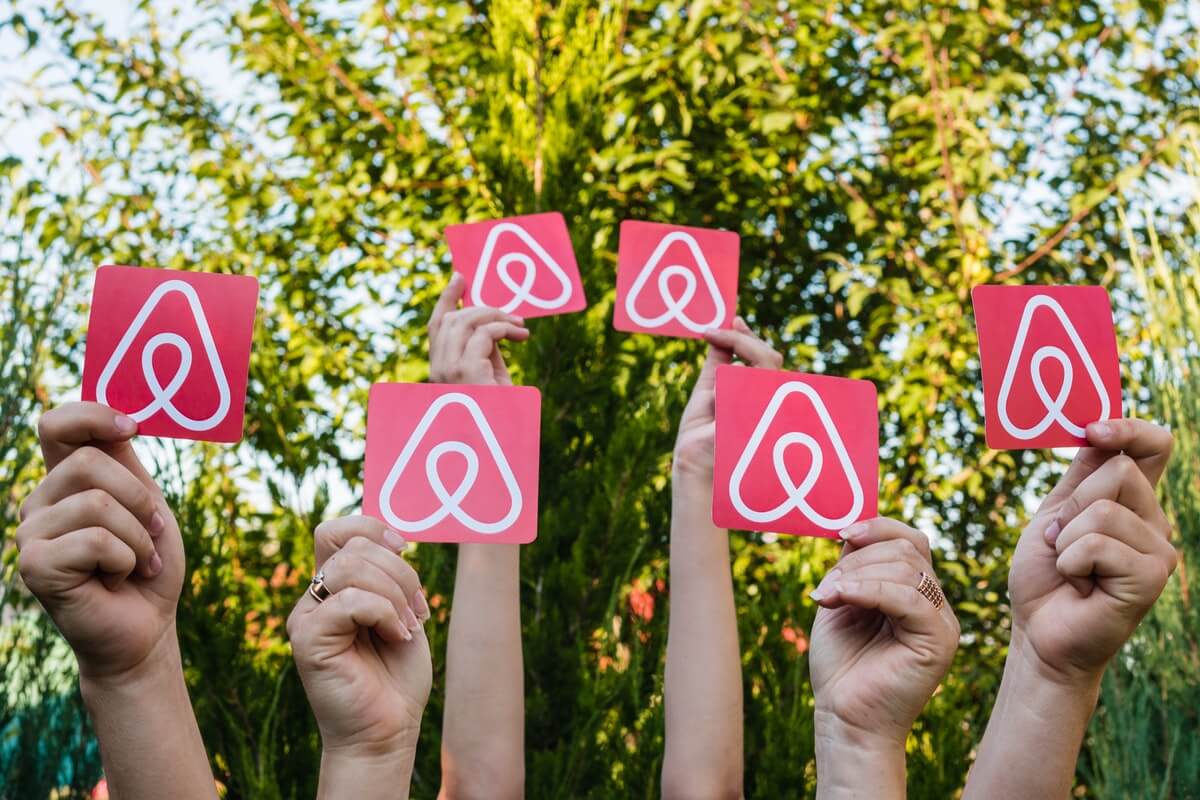By all accounts, it’s been a hard year for HR teams. Rising to the challenge, they’ve created new programs and evolved their policies to keep people happy and productive. The result? Data from Gallup, Bersin, and others suggests that employee engagement is at a ten-year high.
When it comes to perks, sometimes you have to keep a good thing going.
While companies aren’t eager to reopen just yet, planning for the “new normal” is underway. Trying to keep engagement high, HR teams are considering what programs to hold on to. From mental health Fridays to flexible scheduling, here are the perks that could be here to stay.
Remote Work
Of all the challenges faced by companies this year, few loomed larger than the overnight pivot to remote work. Lattice survey data found that 70% of workplaces had to go completely remote in response to the crisis. In April, we also asked over 1,700 HR professionals whether they’d consider making remote work a standard option moving forward. Over 60% said they would.
Months later, that commitment hasn’t wavered. Jagoda Wieczorek, HR Manager at ResumeLab, admits that while her company wasn’t sold on remote work at first, leadership and employee attitudes have since changed.
“Today, most of us have gotten into the swing of things. As our offices start to reopen, we’re growing heavily inclined to make working from home the new normal going forward. We’re crafting a robust remote work policy that allows us to best accommodate employees’ needs, be it providing indefinite remote work, a blend of remote and onsite work, or full-time office work,” Wieczorek said.
Equipped with nearly six months of supporting evidence, other HR teams were happy to make working from home a non-issue moving forward. “We’ll never return to a mandatory in-office culture. Having fewer folks reporting to a brick and mortar location every day means we can comfortably stay in our existing leases for longer,” said Kate Noyes, Associate Director of HR at Softbank Robotics. The only snag? Figuring out how to field requests from employees who want more than the option to work from home a few days per week.
“The struggle, in my opinion, is balancing requests for permanent, full-time remote work with the desire to keep our offices lively in some way,” Noyes said.
Flexible Scheduling
Pandemic or not, life has a way of complicating the nine-to-five workday. Personal commitments, doctors’ appointments, and childcare demand that we occasionally step away from our desks (or couches). Even without these, studies show that employees need time for “microbreaks” throughout the day to stay refreshed and productive. Evidence showing that remote employees struggle with work-life balance only underlines that need.
Largely to accommodate working parents, companies implemented greater scheduling flexibility during the pandemic. Within reason, some companies planned to allow employees to continue setting their own schedules.
“We definitely plan to keep this initiative going, with some processes in place to ensure that the business doesn’t suffer in terms of coverage or communication,” said Jenna Carson, HR Manager at Music Grotto. “For example, we'll ask people to mark on their calendar when they are available or unavailable, as it’s essential to be able to know how and when to get in touch with the people you need,” said Jenna Carson, HR Manager at Music Grotto.
Other leaders viewed scheduling flexibility as a competitive advantage. If employees are more productive during certain hours, why stand in their way? Setting “core hours” and then letting employees take it from there might be a happy medium.
“I’ve introduced mandatory online hours between 11:00 AM and 1:00 PM in case we need to hop on a meeting or reach certain people quickly. Apart from that, employees are free to work whenever they want, which relieves a lot of pressure and boosts our overall performance as a team,” said Tom Winter, co-founder of DevSkiller.
Virtual Team Building Exercises
Before this year, most company get-togethers followed a familiar model: happy hours and holiday parties — rinse and repeat. The pandemic forced companies to take a more thoughtful approach.
“During this remote period, we've put more thought into company-wide cultural activities that take different personalities and preferences into account — happy hours and randomized group lunches can be draining for those that might be more introverted,” said Olivia Pucci, Senior HR Associate at Reonomy. Because participation is completely optional, no one has to feel undue pressure to stay online past working hours. Online cooking classes, virtual pet hangouts, and trivia nights are just some of the ideas companies have turned to.
“This period taught us that there is untapped potential in virtual team building. It shows that having in-person contact doesn’t need to be the only way to strengthen your teams. Many people fret team building activities and consider them forced. Virtual activities allow people to join as much as they want to,” said Branka Vuleta, founder of Legal Job Site.
For working parents or those with other commitments, the prospect of sticking around for an event after 5:00 PM isn’t always enticing or practical. Moving forward, organizing team-building events during business hours could be the right call. “By hosting games and activities directly through Slack, we can increase engagement across teams and incorporate these moments directly into the daily schedule rather than adding additional commitments after hours,” Pucci said. Others shared that they had planned to keep using Donut, a Slack add-on that randomly assigns coworkers to meet over coffee.
Mental Health Days and Wellness
Mental health emerged as a key focus for HR this year, with companies implementing mindfulness training, teletherapy benefits, and employee assistance programs (EAPs). While the focus on employee wellbeing was renewed during the pandemic, HR professionals plan to keep it top of mind.
Garima Gupta, Director of HR at the Fund for Global Human Rights, made physical and mental wellness a top priority shortly after the pandemic started. “We’ve invited mental health coaches from outside and also did some staff-led yoga sessions and meditation sessions. We also had an employee share a story on getting therapy, and that opened a lot of people up,” Gupta said. Given their popularity with staff, she plans to keep the programs going well after the pandemic.
Companies also worked toward promoting mental wellness through adjustments to their work calendars or meeting norms. Some made it a habit to encourage employees to take PTO or, going further, instituted company-wide mental health days. Others banned meetings on certain days.
“Right now, we're doing summer Fridays where we have alternate Fridays off. The other Fridays are no-meeting days similar to what others are doing,” she said. Some called the days “Quiet Fridays,” while others chose a different day of the week. Once employees get a taste of perks like these, it’s hard to take them away.
Bottom line? “I don't think we'll stop this push as employees have really responded well to it,” Gupta said.
—
For more tips on keeping employees engaged during times of crisis or otherwise, subscribe to the weekly I ♡ Humans newsletter. You can also hear directly from your fellow HR leaders by joining the 9,000-member strong Resources for Humans community.







